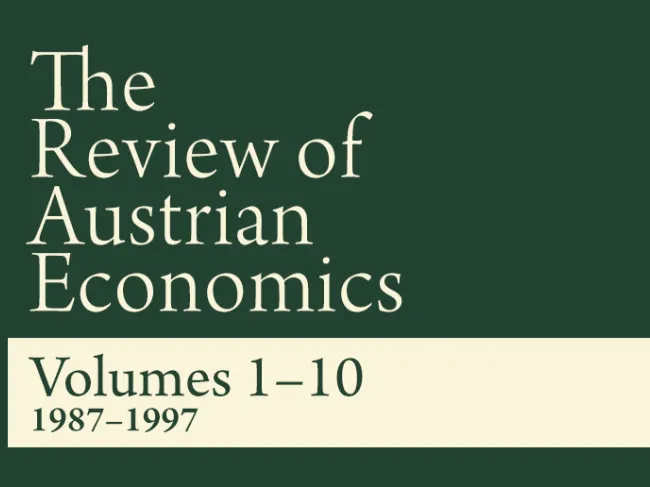There is an implicit assumption in the literature that rent-seeking behavior can be objectively identified and that waste due to rent seeking can, at least in principle, be measured. The problem of identifying rent-seeking activity under real world conditions is shown in this article to be similar to that of determining monopoly waste and other market inefficiencies. It follows that rent-seeking waste can only be identified by substituting the observer’s own standard of value. Moreover, if an activity is a legitimate function of the state, it is held that the lobbying associated with instituting and maintaining the activity is not necessarily wasteful. Consequently, since the appropriate role of the state is normative, identifying a particular activity as wasteful must necessarily be based on norms that lie outside of economic theory.
Rent Seeking: Some Conceptual Problems and Implications

Downloads
All Rights Reserved ©

